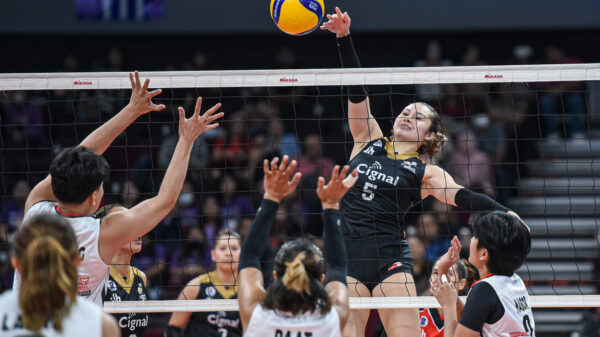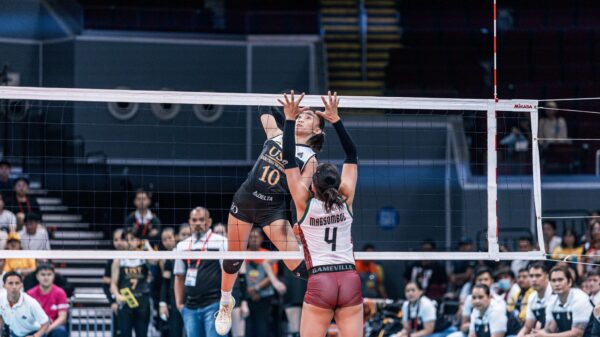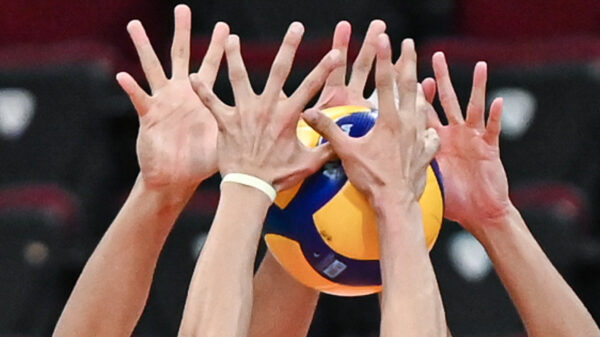Here are fundamental tips that will help you dominate your cash game competition. A Cash Game is one where chips represent real money and players can come and go as they please unlike tournaments where chips do not represent actual currency and prizes are only paid based on how players finish in the tournament.
1: Avoid bloating the pot with medium-strength hands. Use them to bluff-catch.
Medium-strength hands are often the toughest to play. When holding these hands, you should usually check because they perform well in smaller pots as bluff-catchers.
These are solid hands, but they shrivel up when multiple bets and/or raises start flying into the pot. Consequently, checking at least one street (often times the flop) is the best approach with these hands.
Now, keep in mind that if your opponent has shown weakness by checking back or checking to you twice, these hands go up in value because your opponent would likely have bet his stronger hands. This is usually when you should start betting with them in order to extract value.
2: Mostly bet when you have a strong hand.
When you are holding a strong top pair or better, you should most often bet. These hands want to build the pot because they are a favorite to win.
Note that you want to choose hands that can comfortably triple barrel for value on most board run outs.
3: Bluff on the flop with hands that have good backdoor potential.
When you have a hand with good backdoor (runner-runner) potential, you should very likely bet as a bluff. You want to choose hands that can turn a strong draw and potentially hit a flush or a straight by the river.
4: You should almost always 3-bet when you have a premium hand.
Avoid getting trappy preflop when you have QQ+ and AK. These premium hands perform best in large pots, and so you should build the pot as soon as possible by putting in a 3-bet.
You should also balance your 3-betting range by bluffing with hands like A2s–A5s and suited connectors.
Note that this is an example of an early position vs early position 3-betting range, which is why it’s quite tight. Versus later positions, you’ll want to expand your 3-betting range by including more value bets and bluffs.
If one of your opponents is raising a lot preflop and then rarely folding to 3-bets, you should massively change your 3-betting range to be more value-heavy. Something like this would be a lot better against such a loose opponent.
To be continued

















